Is Your Pet a Healthy Weight?
As an Amazon Associate, I earn from qualifying purchases. We may receive a commission for purchases made through these links. This site also contains affiliate links to products besides Amazon, like Etsy. We may receive a commission for purchases made through those links too (at no additional cost to you).
Healthy Weight = Healthy Life
All species benefit from being a healthy weight and a healthy weight is not the same for all species. The ideal weight range is not only different for each species but will also be different for each individual body type. Once you know what a healthy weight is for your pet, you can finally answer the question “Is your pet a healthy weight?” and begin to take the steps to move them in the right direction.
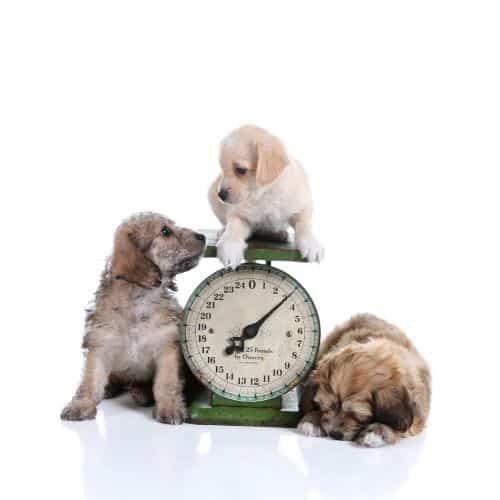
No matter if they are over OR underweight, both come with different health issues. Obesity can lead to health concerns such as diabetes or heart and joint issues. Being underweight can negatively affect immune systems along with skin, hair, and feathers. We can all agree that we love our animals, so why don’t we invest more time to ensure that they will live a healthier, happier, and longer life?
What is a Healthy Weight?
The most important question to answer is ‘what is a healthy weight for your pet’? It is important to remember that the numbers on the weight scale are not the whole story. Every animal has a different build and can hold its weight differently. One cat may be overweight at 14lbs, but that same weight may be considered healthy on a cat with a stockier build.

Body Condition Scores
Luckily, there are body condition charts available online that will help you identify what weight category they are in. This is a common tool used in zoos and even in vet offices for common pets like dogs and cats. They are now also available for many other animals like guinea pigs and rabbits. It is becoming increasingly common in the zoological field to require keepers to look at both weight and body condition scores to make sure the animals are healthy.
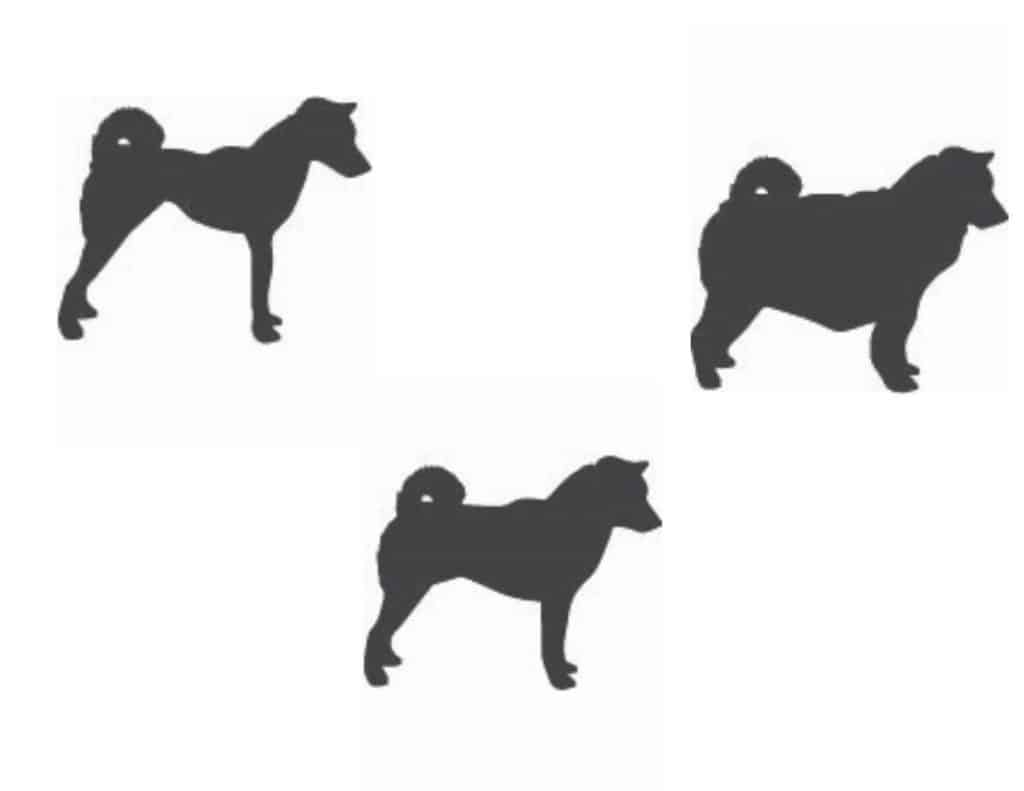
It is important to know that some animal groupings will have more specific body condition charts than others. For example, a healthy body type for a lion would mean that a cheetah was overweight. But they are both cats, right? It is important to always look at the big picture when considering what a healthy weight is for our animals.
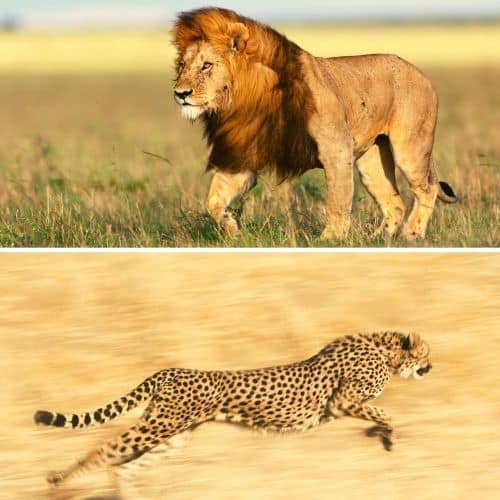
It is quite common for pet owners to refuse to acknowledge that their pet has a weight issue or that the weight issue is a severe as it is. It always helps to have someone that is not as attached to your pet give their honest opinion. No one wants to hear that their pet is overweight. I have seen many keepers and owners claim that their animal is fine when the animal was in fact obese. It is important for pet owners to take a step back and realize that the best thing we can do for our animals is to be honest about any weight issues they may have.
Ask Your Vet
If you are not sure if your animal has a weight issue, take the opportunity to discuss your animal’s weight with your vet. They will appreciate you taking an interest in improving your pet’s health and wellbeing. Opening up lines of communication with your vet is incredibly helpful in your animals’ long-term care and will give you a better understanding of what steps to take and what to watch out for to keep them healthy.

Monitor Weight Regularly
Weight change can sneak upon us. One day your favorite pants are not just tight, the next day they don’t even fit anymore. The same thing happens with weight gain or weight loss with your pet. You see them every day, so it is hard to notice any of the small changes that may be happening over time. To avoid this, I suggest weighing your animals regularly.
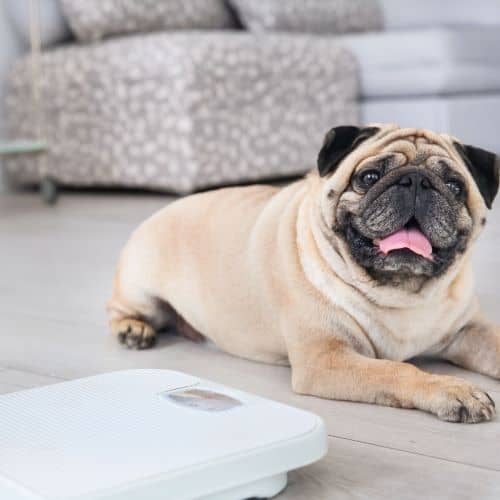
In most zoos, most animals are weighed monthly to ensure that they are not only getting the right diet but also to help ensure that they are healthy. It is recommended that smaller animals and birds should be weighed more frequently due to their higher metabolism. If you notice that there is a sudden weight change, this can be an important clue that there is something wrong and can lead you to seek treatment right away. With any sudden weight change, call your vet for advice as it can be reflective of a major issue or disease. The sooner you have it addressed, the better the outcome.
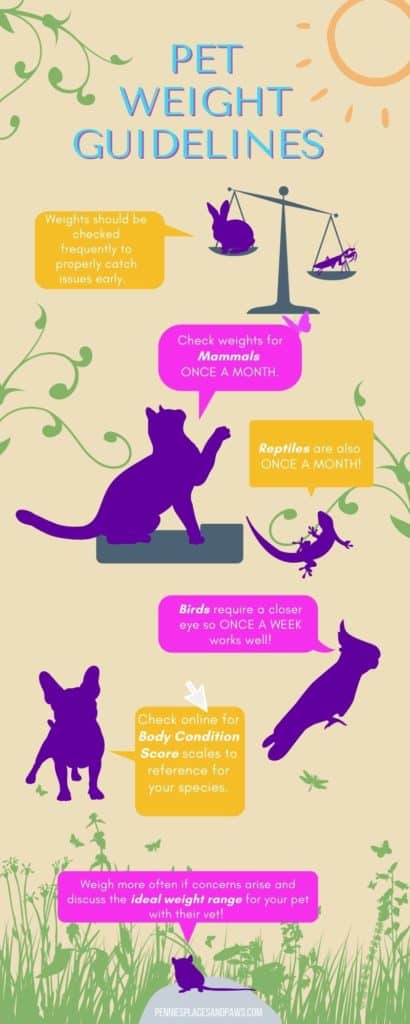
When you weigh your pets regularly, you will be able to see the cause and effect of the amount and types of treats and physical activity that they get. This can also help you adjust the amount of food and treats that they are getting before they have gained (or dropped) too much weight.
Subscribe to our community and get access to all the templates in our Freebie Library. This includes a weight chart and body condition template so you can easily track your pet’s weight throughout the year.
Be aware that many animals do have natural weight fluctuations. These are typically caused by seasonal or hormonal cycles. When you track your pet’s weight regularly, it will help you keep in tune with these normal cycles, so they do not raise the alarm unnecessarily. Please feel free to use the weight tracking chart above to keep on top of your pet’s health.
How to Adjust Your Pet’s Weight
You now have two different tools to monitor the weight of your pet, but what do you do if you need to adjust their weight to make them healthier? In order to change an animal’s weight, the number of calories consumed and/or the number of calories burned need to change. If your pet is in the ideal weight range, congratulations!!! Keep doing what you are doing and monitor their weight and body condition to make sure they stay that way. If your pet needs to lose or gain weight, read on.
Once you have come to terms that your pet may need help getting into a healthier weight/body condition category, it helps to determine the factors that have contributed to the range that they are in today. As humans, we tend to show our love with food, so the more common weight issue tends to be obesity. Are you giving your pet too many treats? Are they allowed to free feed which may result in them over-eating? Are they not getting enough exercise? Is it genetic or the result of a health issue? Keep these things in mind as you make changes and of course make sure you discuss the plan with your vet!
Calories
The two ways to adjust the number of calories consumed is by changing the amount or type of food they are getting from you. In our house, we have two dogs that gain weight easily and two dogs that struggle to keep weight on. In both cases, we pay attention to the food and treats that they are getting.
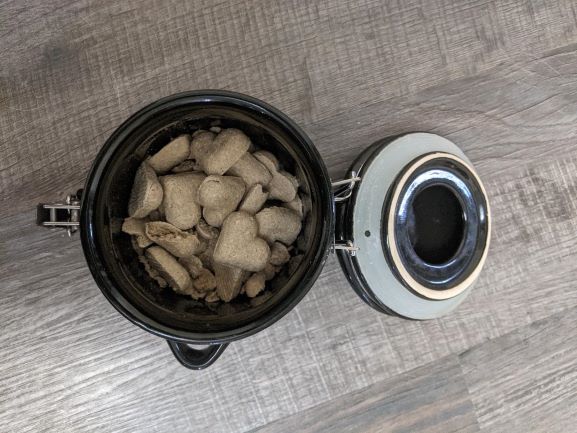
If the goal is to limit calories consumed, treats are the first things to start cutting out because they do not have as much nutritional value as your pet’s main diet. Treats tend to have extra calories that easily add to weight gain for pets. When you give out treats, try to give them sparingly and replace them with healthier options like vegetables or other low-calorie options. (Check out the Beneficial Fall Foods post for some healthier treat ideas for dogs and cats).
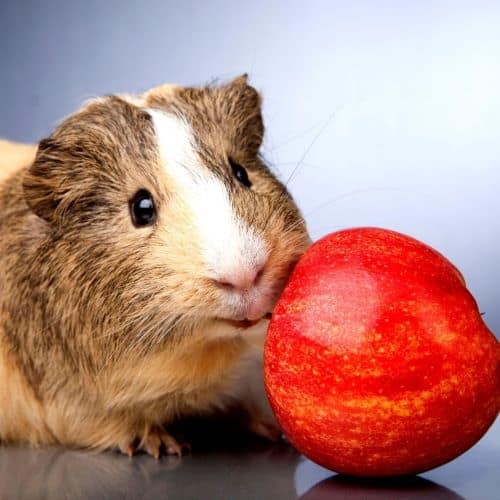
If your pet is underweight, you may need to be careful that they do not fill up on treats to make sure they are getting the needed nutrients from their main diet.
Consider replacing treats with extra attention, cuddles, or outside cage/house time. This is a great way to show your animals love and to strengthen your bond with them. It can also be a great stress reliever for you!
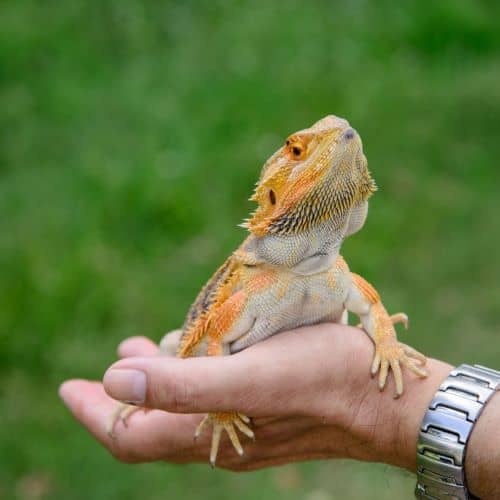
To assist in your pet gaining or losing weight, you can also adjust the amount of diet (dog/cat/reptile/bird food) they get or even the type of food. There are high-calorie and low-calorie food options for most species that can help you get them to a healthier weight.
Even switching the animals to a different protein-based diet (if appropriate) can help. We found that the chicken wet food mix had more calories than lamb in the brand of dog food that we buy. Our dog, Kiara, has always had a small appetite so it is very hard to increase the amount of food she gets. We can however change the number of calories she will get in the food she eats. By changing to chicken, she can get more calories in the same amount of food that she used to get when we fed her lamb.
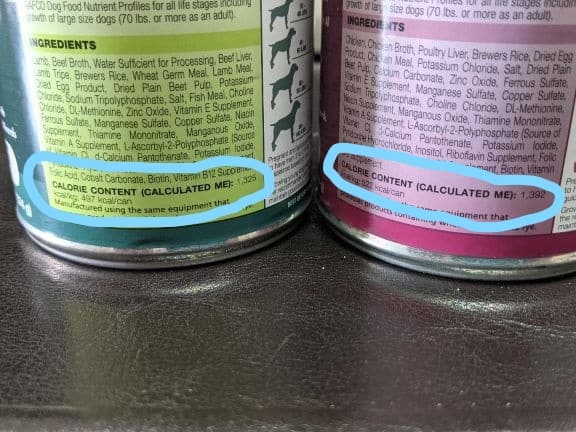
Remember not to make large, sudden adjustments to your animal’s diet, and be mindful that ‘large’ is dependent on the species and size of the pet. Birds have very high metabolisms so their diet changes should be minuscule compared to the change of diet for a dog, cat, or pig.
Exercise
Increasing the number of calories our pets burn can be challenging (especially for the reptile owners) but the results are worth it. We are healthier when we safely incorporate exercise into our routine and the same goes for our pets! This can look different depending on the species and can involve several types of Pet Enrichment.
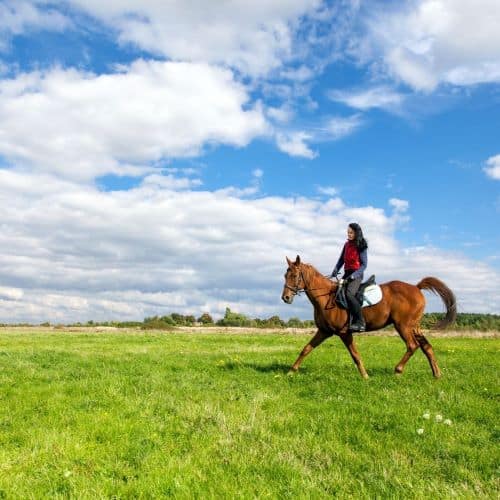
For dogs and cats, it can be simply walking them on a harness, skateboarding, or playing with a laser or ball. (Here are some fun DIY Dog Enrichment Ideas that are easy to do at home) Take your horse for a ride or work them through an agility course. With smaller mammals, make sure they have an exercise ball or wheel. Reptiles can get some activity outside their cage, laying out in the sun, playing with toys, or having to catch a special treat like live bugs.
Be creative! (but also, safe.) And for the hyperactive pet owners out there- remember that a tired animal is a good animal.
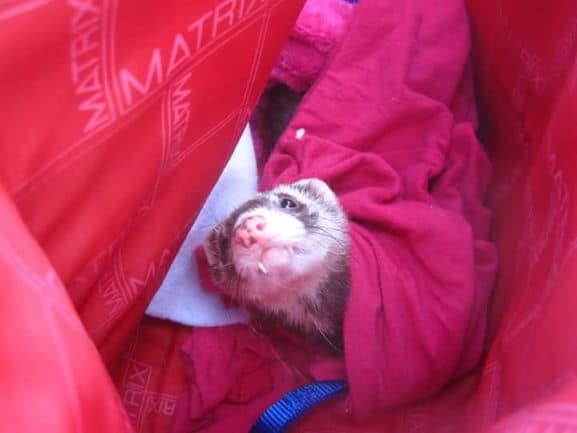
Let’s Get Started!
We can help our pets live happier, healthier, and longer lives with a little work starting with making sure that they are at a healthy weight and have a healthy body condition. It may take a little bit of effort, but the results are worth it! Remember to work with your vet but if you need a little motivation (or to brag about your success) feel free to send us a message!
Don’t forget to subscribe to get a free ready-made template to easily track your pet’s weight and body condition scores throughout the year.
Pin For Later:
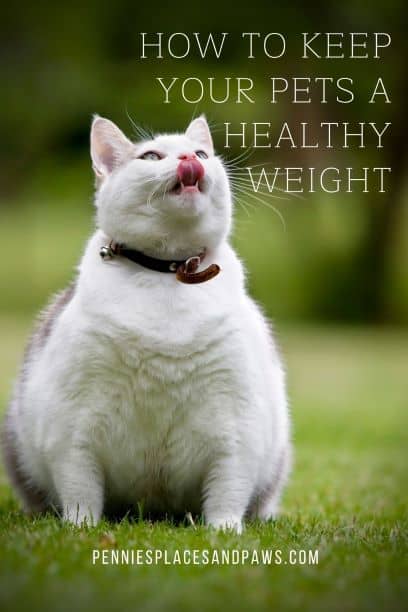
Amazon and the Amazon logo are trademarks of Amazon.com, Inc, or its affiliates.




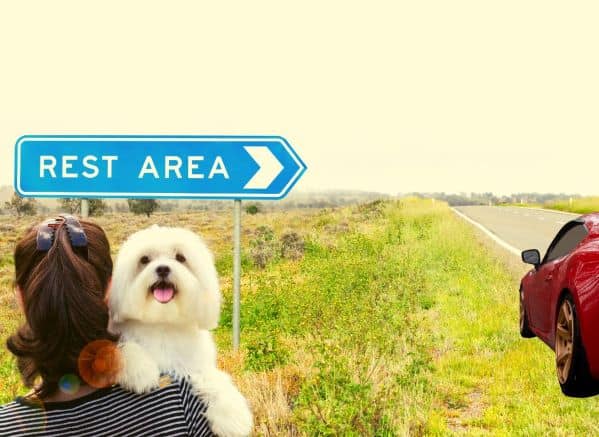


Great information! I always worry about my animals and keep their weight under control! Thank you for sharing your insight!
Thank you! I incorporate a lot of what I did as a zoo keeper in the way I care for my animals at home and it helps us stay on top of everything. LOL
Nope! My Bo is 120 lbs and it is not coming off. I cut his food back and he is not happy about it either. lol Without us traveling, it is difficult to get him the exercise he needs!
Our Husky Emma is not a fan with her diet either! Lol
Just got back from a 3 mile walk with my Plott Hound. Exercise is good for both of us 🙂
It is! We are trying to do 2-3 mile walks every other day for humans and dogs alike!
Thank you. I just look at my dog and see if he seems normal. I assume the vet will tell us if he is overweight. I guess paying more attention to his weight is a good idea. 🙂
Our younger dogs only go to the vet once a year, and sometimes it was a shock at how much was gained or lost 🙂 Now I don’t freak out if a dog had gone one way or another because I am OCD on monthly weighing. LOL
We have a cat that has lost almost half her weight in the last couple of years! We have been very diligent with measuring out her food, as the vet told us orange Tabby cats are prone to obesity. She is now svelte and more healthy!
Congratulations!!! That is so awesome!
Thanks for this helpful information. We are always so concerned about our weight we need to pay more attention to the pets too!
I don’t have pets but would think this would be extremely helpful for pet lovers. Too easy for both pet owners and for pets. Great information and encouragement.
Great info. My brother just had to put his cat on a diet & for the first time in years he’s running around, jumping up on things, playing, etc. It’s like he has a new joy.
That’s great that his cat is having fun now that some of that extra weight is gone!
Great advice for per owner and lovers!
So important to maintain healthy weights in our pets. So many connect feeding with expressing love.
Great information! We all worry about our pets.
Great advice on how to keep our fur babies healthy.
Great tips! We have snakes and fish, so I definitely don’t have to worry about this!
It’s very important for pet owners to be aware of their fur babies’ weights – this is a great resource to start with!
Thank you!
So helpful! Most of the dogs in my extended family are overweight! Too many treats and table food I think. I have three cats. They aren’t overweight however they definitely put on extra weight during the winter. Instinctual you think? We give them smaller portions of canned food and encourage them to eat more dry food.
Seasonal weight changes are normal. Instinct could be part of it, we slow down in the winter months and a lot of species put on weight for extra warmth naturally 🙂
I LOVE you have a bearded dragon! I always include them in my ‘pets are more than just having dog pictures on your blog’ comments and I remember seeing one on a tour of PetCo’s offices in Phoenix AZ. Someone had a tank for theirs at work!!!
I know we have some seasonal weight changes in our cats, Less active in winter, more active in summer and their coats get thicker too. Their weight does seem seasonally regular though. One cat is stubbornly tubby in spite of having dental issues that stopped him from eating a lot. He had to wait for surgery during lockdown which was not brilliant either BUT he remains a tubby ginger boy in spite of his enforced diet.
I love bearded dragons! Unfortunately, I don’t have one at the moment, hopefully, one day! Pets are more than just dogs and cats 🙂 I am hoping to expand on posts about the less common ones soon!
I have seasonal weight gain like your cats LOL
Excellent information, thanks! I love your super simple body condition graphic, it’s really clear and easily shows the differences. It’s interesting to hear about the different species and how their weight can be handled. Our new Vet complimented my dog Icy on her perfect weight. She told us to ensure we keep her that way and to keep doing whatever we are doing. I was so happy to hear that!
Love & Biscuits,
Dogs Luv Us and We Luv Them
Congrats on the perfect weight for your pup! I love weighing ours monthly so we can quickly stay on top of any of changes we need to make 🙂
I have two cats, and one tends to teeter on being underweight and one is a little overweight. Over the years I’ve been able to get her to lose a little over a pound, so I’ll take that as a win! It can be a challenge.
It is really hard for us to stay on top of our husky’s weight. She seems to gain just by looking at food! LOL
Weight management is one of the best things we can do for our dogs’ happiness, health, and longevity. Amazingly, it can be crazy hard at times.
Yes it can be hard- but totally worth it if it keeps them healthy!
I try really hard to keep my dogs at a healthy weight. One of our dogs was obese when we adopted him, but we got him down to a healthy weight. It is challenging to keep him there!
Thanks for sharing these tips!
It can be very hard! Monthly weigh-ins help us catch any issues before they get out of control 🙂
This is great advice! We have pets that are all over the spectrum. Our one cat Pippen could apparently benefit from gaining a little, our dogs are generally right around where they should be (although they do tend to gain a little ‘winter weight’ that they lose when the warmer weather hits) and our other cat Jinx could definitely stand to lose a few pounds. Recognizing this and paying careful attention to their energy levels and eating habits has helped us to figure out the best approach for each pet individually.
Thanks! It is hard staying on top of it but well worth it 🙂
If only I could monitor my weight as well as I do my cats. I’m extremely luck that my girls don’t overeat. I do have to monitor their treat intake because they would sit all day to eat treats.
Same! I wish I had someone that was in charge of any and all food that I eat- LOL